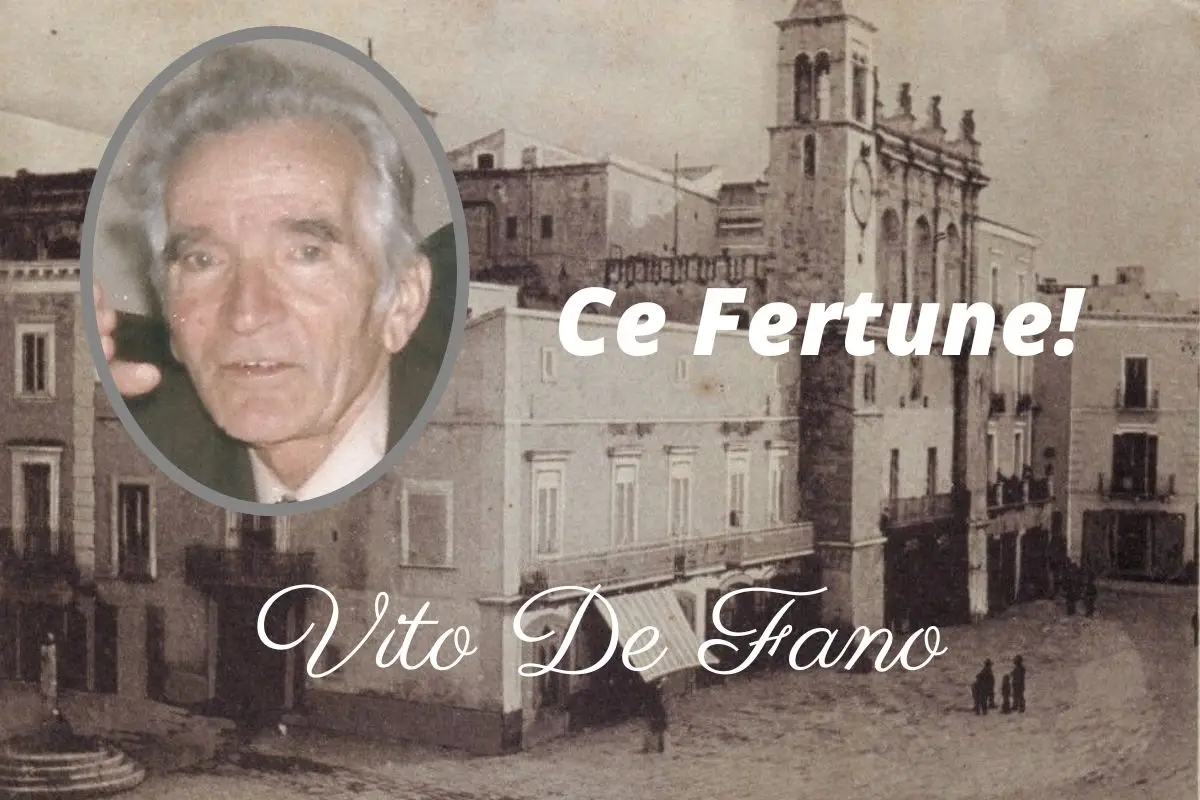
“Vìte Dè Fane, barèse verasce,
Attane de figghie, iòmmene de pasce.
Galandòme nate de stamb’andiche
Stemate da tutte, nu rare amiche.
Iève puète de chidde strafine
Che la pènn’a rrise com’a Rossine.
Pertate a raggiòne n-ghiànde de mane,
Vevève sèmbe da vère crestiàne.
Vetucce iè vvive e nno mmore cchiù
Iìnd’o core de l’amisce sù”.
Vito De Fano represents a figure of great importance in the tradition of Bari dialect poetry. Born in Lecce on June 30, 1911, he soon moved to Bari with his family, composed of a father from Bari and a mother originally from Otranto. From his youth, he showed a jovial and sociable character, characterized by a strong inclination for irony, especially self-irony. This attitude of his pushed him to cultivate a sincere passion for the Bari dialect, despite not having had in-depth studies in dialect linguistics. His ability to grasp the essence of the Bari vernacular developed above all through attentive listening to the dialogues in the "old Bari", a place where the vibrations, nuances and concreteness of the popular "feeling" are revealed more vividly.
His attitude as a ‘listener’ turns out to be the secret of his poetry, allowing him to grasp both the comical and the more poignant aspects of everyday experiences. In 1939, Defano marries Martiradonna Apollonia and from their union three children are born: Mariolina, who will become a talented and authentic interpreter of her father’s work, and the two sons, Antonio and Giuseppe.
His poetic career began in 1944 with the publication of his first poem, “Matalene e C.”, which was followed by a series of collections of poems in dialect, including “U Miglionarie” (1946), “Meroske” (1962), “Storie e Patorie” (1966), “Fragagghie” (1969), “Mbilembò” (1975), “Fascidde” (1982), “Benàzze” (1986), and finally “La Cialdèdde” (1989), the latter published posthumously.
In addition to his poetic production, Defano also wrote some dialect comedies, which were worthily performed by his daughter Mariolina and other well-known exponents of the dialect theatre of Bari, such as Pignataro, Spadaro and Ciardo. Among his best-known theatrical works are “Nu matte fesciute da Vescègghie” (Bari, 1976), “U scarpare gedezziùse” (Bari, 1977) and “Na scernàte desgrazziàte” (Bari, 1981). There are also other comedies, less known, which remain unpublished and rest in the drawer of his desk, awaiting a possible rediscovery.
A recurring element in his poetry is the ability to give voice to animals, an aspect that he loved to emphasize with great modesty, stating that he did not want to belittle the great poets of the past. His writing is characterized by simple and immediate verses, combined with a subtle but incisive irony, as demonstrated by the poem "U Vindisette", considered a true cult of dialect comedy. His way of telling is genuine and popular, but at the same time wise and fatalistic, giving him a place of merit in the panorama of dialect poets of Bari.
Defano died in Bari on January 25, 1989 and was laid to rest in the local cemetery, next to his beloved ‘Nennè’. In recognition of his cultural importance, the city of Bari dedicated a street in the San Girolamo neighborhood and an elementary school in the San Paolo neighborhood to his memory. His legacy lives on in the hearts of those who love poetry and the culture of Bari.
Battàglie modèrne (Battaglie moderne)
Me stèv’a ddìsce Rocche u pertenàre (Rocche = Rocco)
C’aiìre sèra notte don Diodòre (Diodòre = Teodoro)
Se retrò abbattùte, stanghe, amàre,
CChiù bbiànghe de la cère e nn’ècchie ggnòre.
Donna Viatrìsce mbèsce, la vammàre, (Viatrìsce = Beatrice; vammàre = levatrice)
Menì cu sobbraffiàt’e u battecòre,
Giùglie u zaràffe e MMìnghe u tavernàre (Giùglie = Giulia; Mìnghe = Domenico)
Scèrn’a la Cròscia Vèrde e stonn’angòre. (Cròscia Vèrde = Pronto Soccorso)
O ragionìire se rembì l’acchiàle, (l’acchiàle = gli occhiali)
Gennàre u strascenòrne cule n-dèrre…
Iì addemannàbbe: «Sciòbbre generàle? (Sciòbbre = Sciopero)
Cortè? Mazzàte? Fùscia fusce? Uèrre? (Fùscia fusce = Fuggi fuggi)
Avònne chemmattùte mbrìima lìnie?» (chemmattùte = combattuti)
«No!» respennì: «Riuniòn’o Condomìnie!»
Iàrie de tembèste (Aria di tempesta)
«Tanìne, prè vìine ddò, curr’a mamàmme, (prè = presto)
Pelìzze u musse, allàss’u “ceggiolòne”,
Mechèle fusce, làvete le gamme, (gamme = gambe)
Assìtte, lìsce, fatte le lezziòne. (lìsce = leggi)
Avàst’a rrìte, citte! Iàmme iàmme,
A vvu, stetàte la televesiòne!
E ttu, chemmàre, cìirche d’aitàmme…
Stà vvène…dì ca iì no stogghe bbone!»
«A ccì? Percè? famm’accapì raggiòne…».
«Dope, t’u digghe dope, pe piacère…».
«Chemmàr’a mmè u mestère no me sòne!»
«Ma ce mestère, sore, ce mestère,
Marìdeme stà vvène do pallòne (Marìdeme = Mio marito)
E la BBare ha perdùte iùn’a zzère!». (la BBare = Il Bari calcio)
Ce fertùne!
Oh, ma chèdda Giuggliètte, ce fertùne!
Fegùrde ca nestèrze, pe la stràte,
Da na lambrètta matte fu arrenzàte
E n-dèrre mènza morte arremanì.
La pertòrne fescènn’o Poleclìneche
E ddà ngi-acchiòrne u fèdeche spappàte,
La milza rotte, u stòmeche scazzàte,
Na gamm’a ppìizze, u pète a nn’àlda vì.
M-bbacce, cchiù ppèsce angòre: dìinde rùtte,
Na rècchie appèse, u nase sfraggellàte
E nn’ècchie ca parève nu carvùtte.
Pèrò u sò dditte, è state affertenàte:
Tande nu tàgghie m-bbacce, u palm’asàtte…
Oh! ma la permanènde, stève ndàtte!












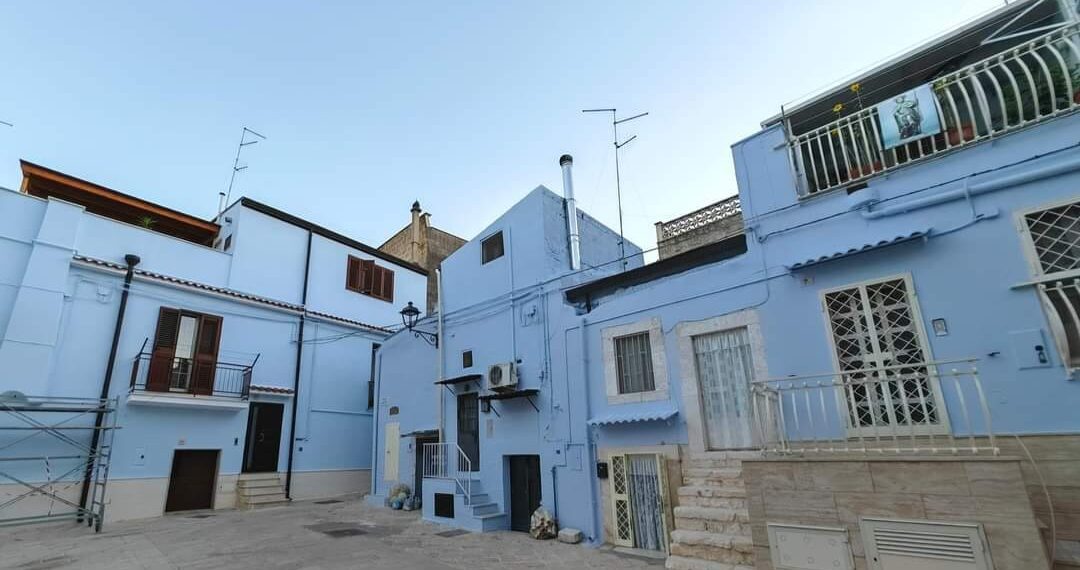
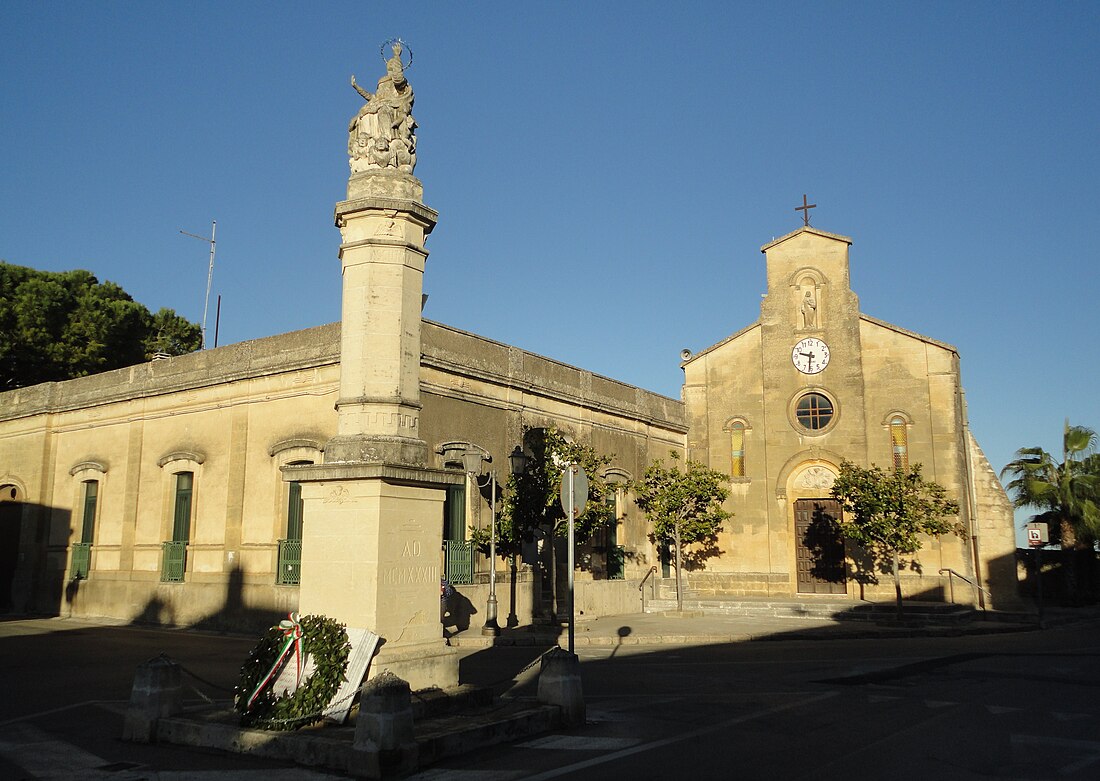
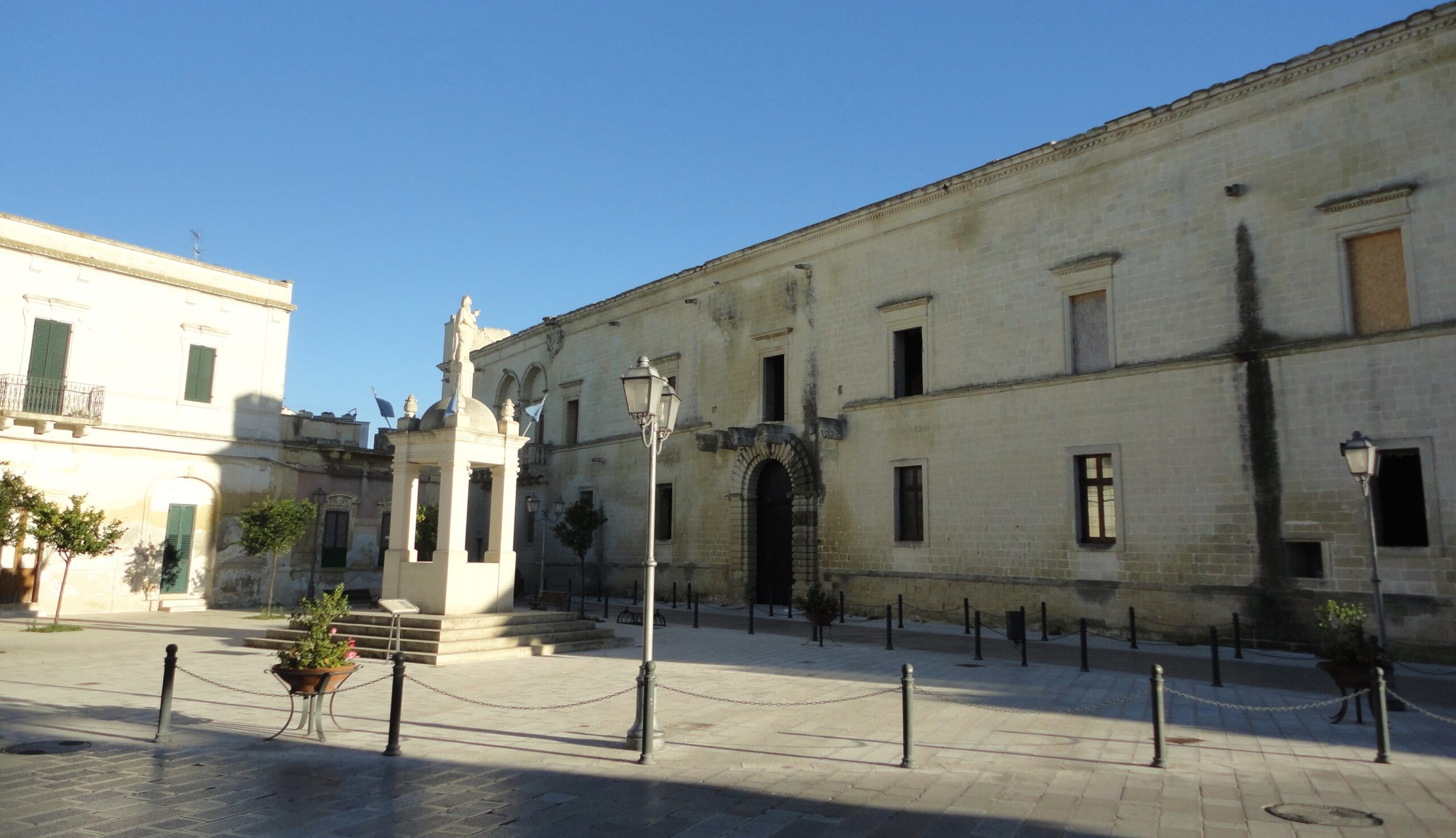
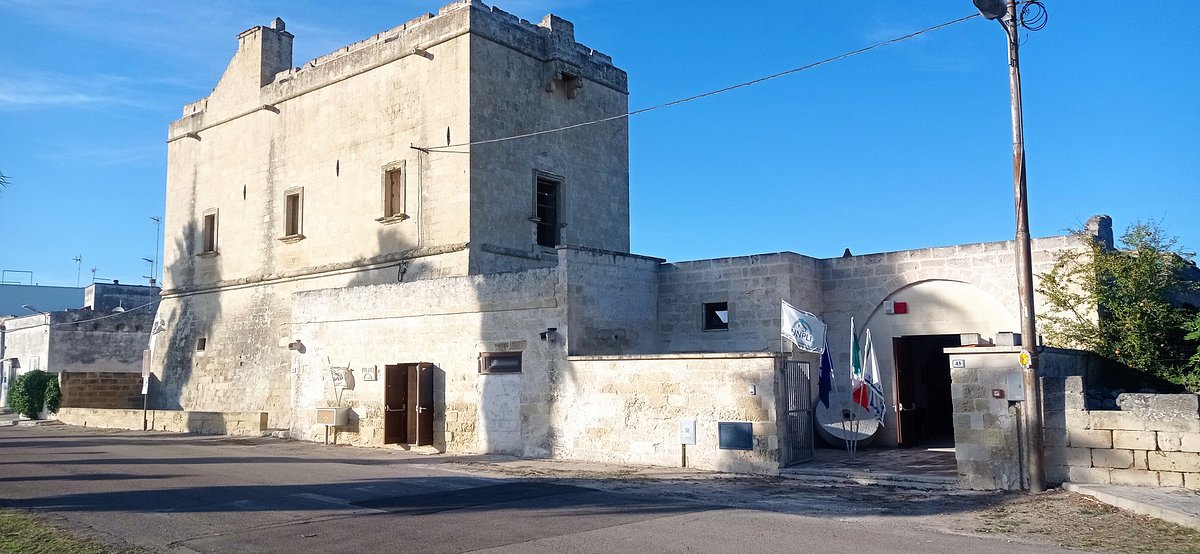




Leave a comment